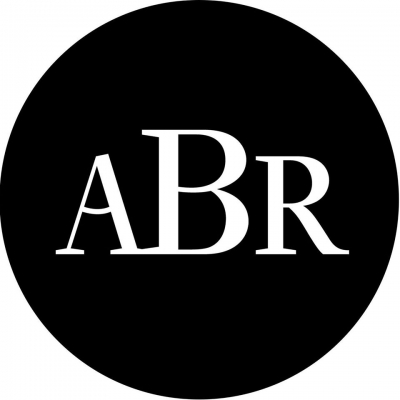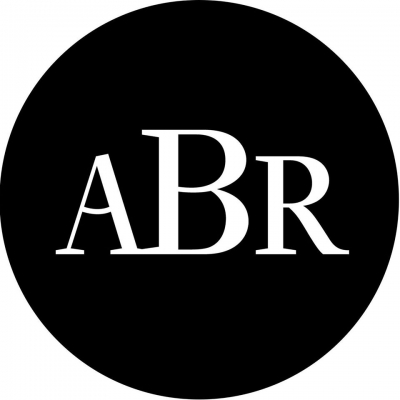Publishing
I would like to begin by talking about the work of the Committee to review Australian studies on tertiary education and try to bring out some of the implications of our work for publishing and for teaching. I will look particularly at the question of resources for Australian studies.
The brief of the Committee was to examine ways in which students in tertiary education institutions – in universities, colleges of advanced education, and TAFE – learn about Australia in their tertiary studies, and to recommend ways in which these studies can be developed. We were concerned not only with the humanities, with history, and with literature, but also with science and with professional and vocational studies across the curriculum. In fact one of our major tasks became to look at vocational areas to see in what ways students who took those studies were prepared for the world in which they would be used.
... (read more)Penguin Books, which has just celebrated its fiftieth birthday, is widely known through its paperback publishing as the great populariser of literature in the English language.
... (read more)New York snow storms may blow outside his window, but Sumner Locke Elliott is feverishly busy indoors writing a novel set in Australia between the wars. He hopes to complete it by late spring.
... (read more)At a seminar on the arts and the economy held recently in Melbourne, Laurie Muller, general manager of the University of Queensland Press, attacked what he described as the myth of the Australian publishing industry. According to Muller, the market size for serious Australian books is so small (one to three thousand) that publishers can barely recoup their development costs, let alone make any profits to service capital and finance further books and expansion.
... (read more)In the UK Bookseller, the self-named ‘organ’ of the VAT-proof Thatcherland, the gossip columnist, one Horace Bent, speculated that Simon and Schuster International were running their New York eyes over Thomson Books UK. However, Thomson, the umbrella sheltering Nelson from the noonday sun, along with pedigree icons Hamish Hamilton, Michael Joseph, and the slightly more louche Sphere and Abacus paperback lists, has chosen the dignified flippancy of Penguin over any other suitor. My source was impeccable, Penguins never lay eggs that don’t hatch, and the news is now yesterdays, unless of course you happen to be a Nelson employee crystal-gazing into the Penguin pond!
... (read more)The problems of children’s book publishing are not really different in kind from those which beset other types of publishing; they are the familiar problems exacerbated by the fact that these books are designed for a group of second-class citizens who, being young and dependent, have little influence on what is produced for them, and little financial clout.
... (read more)

